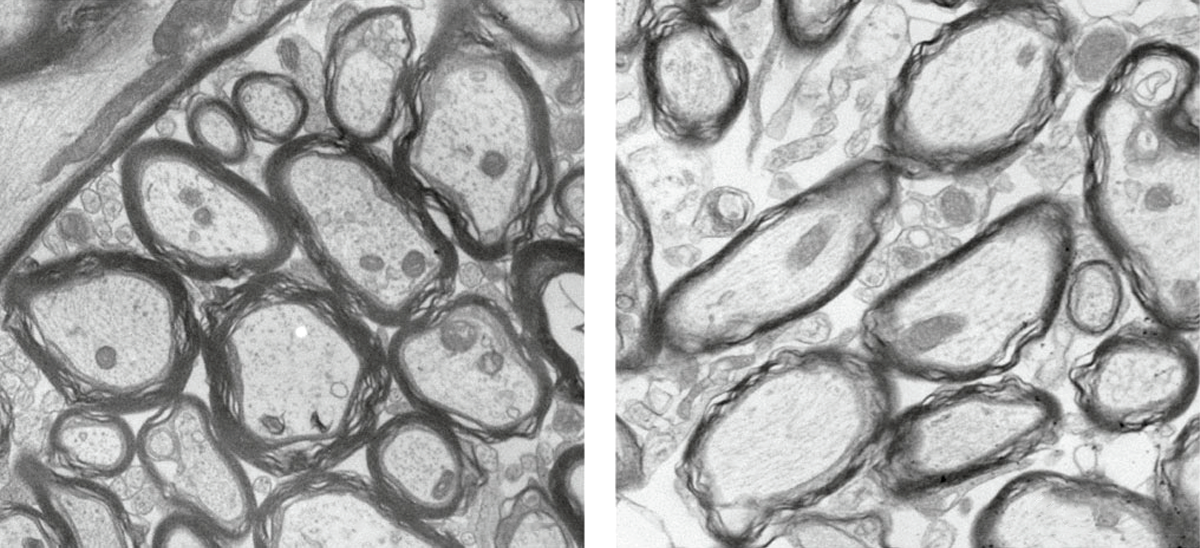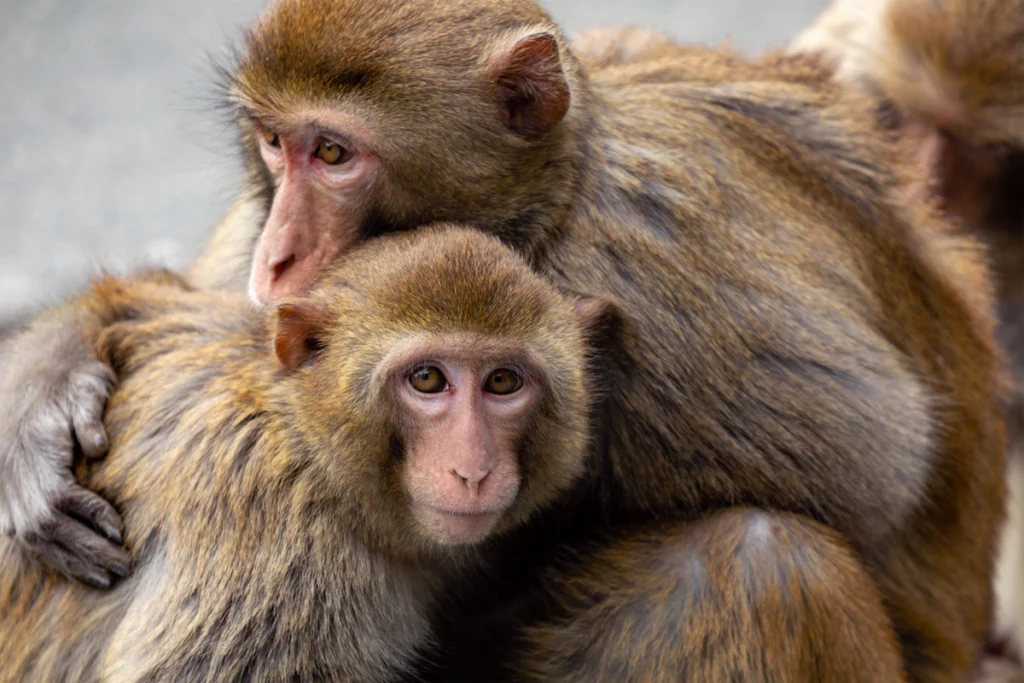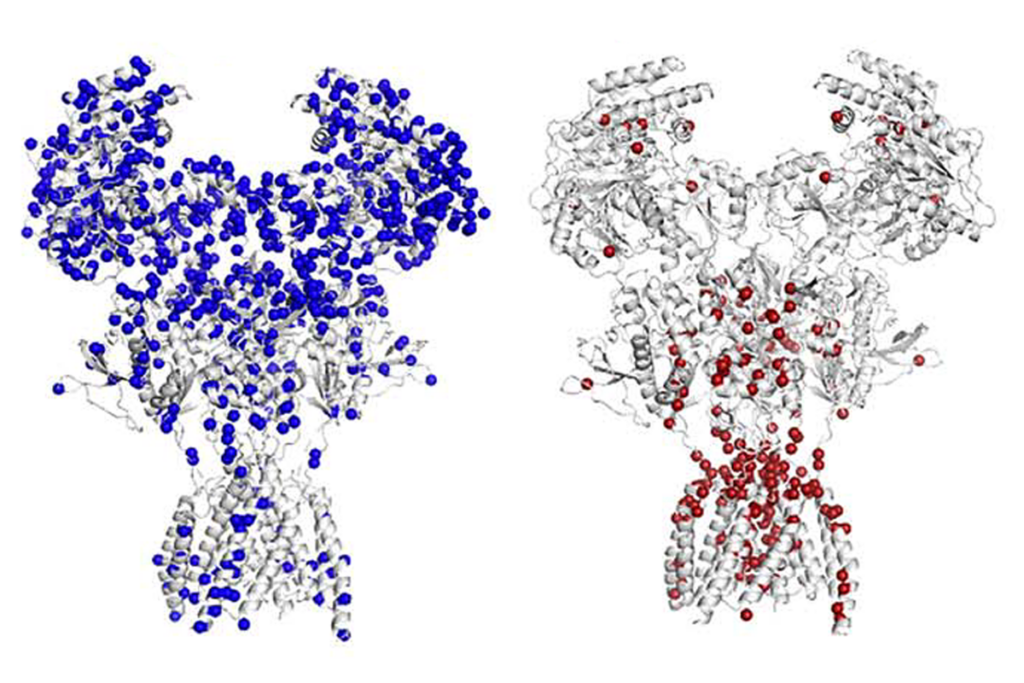Social support: Oxytocin’s effects on social behavior depend on ongoing social motivation and brain activity in two regions known to contribute to social reward, according to a new study in rhesus macaques. When these monkeys showed socially motivated behavior—sharing juice—an injection of oxytocin directly into the basolateral amygdala extended the duration of that prosocial state and increased neural activity between the amygdala and the anterior cingulate cortex. But when monkeys were not behaving in a prosocial way, the hormone had little effect on either behavior or neural activity. The findings may explain the variability observed in studies of oxytocin in autistic adults. Previous work has shown that vasopressin, a structurally similar hormone, improves sociability in rhesus monkeys. Journal of Neuroscience
More autism research we spotted:
- “Pangenome discovery of missing autism variants” medRxiv
- “SCN2A-linked myelination deficits and synaptic plasticity alterations drive auditory processing disorders in an ASD mouse model” Nature Communications






